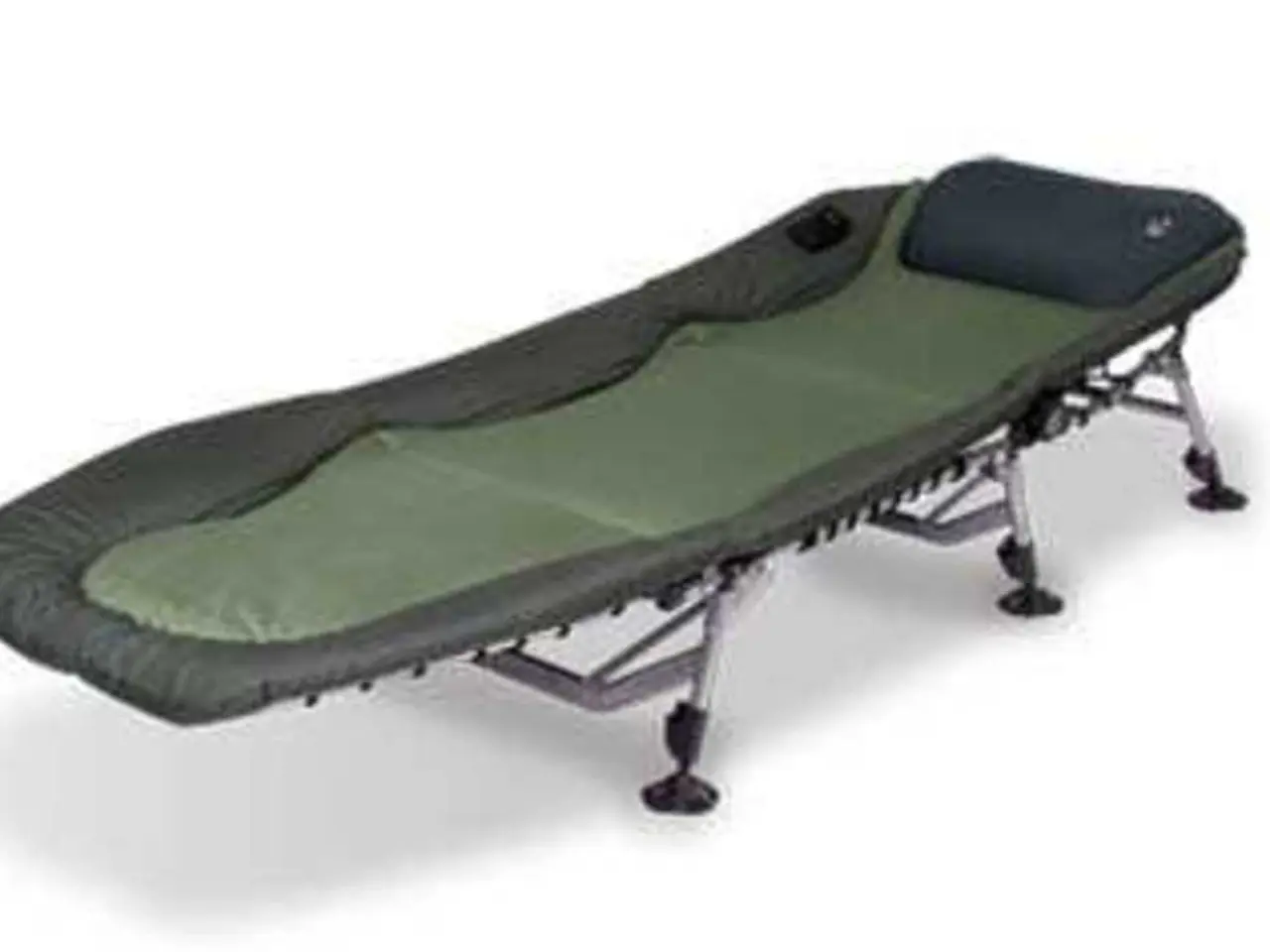Behind the Knees Eczema: Visual Guide, Symptoms, and Further Information
In the world of skin conditions, eczema is a common affliction that affects many individuals. One particularly challenging area for eczema sufferers is the back of the knees. This article aims to provide a clear and concise guide on identifying, managing, and preventing eczema in this sensitive area.
Eczema behind the knees can be caused by various factors, including contact dermatitis due to irritants like cosmetics, or atopic dermatitis, the most common type with unclear causes but often occurring in people with asthma or other allergies. Common triggers for eczema flares on the backs of the knees include dry skin, irritants such as soaps, detergents, and fragrances, and environmental factors like cold or dry weather, heat, sweat, and allergens (dust mites, pet fur, pollen, mold). Emotional stress and allergic reactions to household products may also provoke flares in this area [1][2][3][5].
Because the backs of the knees are a skin crease area, they are especially prone to irritation from friction, sweating, and moisture buildup, which can worsen eczema. Typical irritants include laundry detergents, perfumes, and skin care products that contain fragrance or alcohol [1][5]. Wearing irritating fabrics or clothing that traps sweat can also trigger a flare [3].
To reduce flare-ups on the backs of the knees, it is recommended to regularly moisturize with fragrance-free, thick emollients, use gentle cleansers, avoid known irritants, and manage environmental factors by using humidifiers or protective clothing in extreme weather conditions [1][5].
Doctors may diagnose atopic eczema by asking about symptoms and examining the skin, and they may use the Eczema Area and Severity Index (EASI) as a diagnostic tool. Management of eczema behind the knees includes avoiding triggers, maintaining a skin care routine with emollients, and prescription treatments like corticosteroid creams or light therapy in severe cases [4].
Prescription treatments for eczema may include topical corticosteroid creams, topical calcineurin inhibitors, topical phosphodiesterase 4 inhibitors, topical or oral Janus kinase-signal transducer inhibitors, light therapy, biologic injections in people over 6 years old, oral corticosteroids, oral immunosuppressants, other systemic medications like methotrexate or cyclosporine, and antihistamines like diphenhydramine (Benadryl) for short-term sleep disturbances [2].
It's essential to note that while these treatments can help manage eczema, they may also have side effects. Always consult a healthcare professional before starting any new treatment.
Eczema can have significant effects on a person's quality of life. Complications of eczema can include disruptions to sleep, the ability to concentrate, mental health, and infections if a person scratches the skin. Signs of skin infections to watch for include pus that leaks from the skin, blisters, sores, or yellow-orange crusts forming on top of the skin, swollen bumps on the skin, streaks spreading on the skin, fever, flu-like symptoms, pain, and swollen lymph nodes [2].
Diet and lifestyle changes, such as managing stress, getting sufficient sleep, and eating a balanced diet, may provide benefits for some people with eczema [3]. Lifestyle adjustments, combined with proper skin care and medical treatment, can help manage eczema and improve the overall quality of life for those affected.
References: [1] National Eczema Association. (n.d.). Eczema on the knees. Retrieved from https://nationaleczema.org/eczema/eczema-on-knees/ [2] American Academy of Dermatology. (n.d.). Eczema (Atopic Dermatitis): Treatment & Therapy. Retrieved from https://www.aad.org/public/diseases/eczema/treatment/overview [3] Mayo Clinic. (2020, June 29). Eczema (Atopic Dermatitis): Lifestyle and home remedies. Retrieved from https://www.mayoclinic.org/diseases-conditions/eczema/in-depth/eczema/art-20046231 [4] American Academy of Dermatology. (n.d.). Eczema (Atopic Dermatitis): Diagnosis & Tests. Retrieved from https://www.aad.org/public/diseases/eczema/diagnosis/overview [5] Cleveland Clinic. (2020, October 28). Eczema: Treatment & Management. Retrieved from https://my.clevelandclinic.org/health/diseases/16868-eczema-treatment-and-management
- Psoriatic disease, another medical-condition often linked to eczema, can also manifest on the backs of the knees.
- For individuals diagnosed with Crohn's disease or ulcerative colitis, skin conditions such as eczema may exacerbate, requiring additional healthcare attention.
- Moreover, other entities like diabetes and arthritis, including psoriatic arthritis, can share similar symptoms or complications with eczema, further emphasizing the importance of proper medical-conditions management.
- Predictive tools like the Health-Assessment Questionnaire (HAQ) and the Disease Activity Index (DAI) may be used by healthcare professionals to evaluate the severity of these conditions and plan effective treatment strategies.
- In the realm of health-and-wellness and skin-care, it's essential to avoid common irritants like alcohol in skin-care products to alleviate eczema flare-ups.
- Patients may benefit from adopting a screening tool like the Ho scalp-type index (HST) to protect their scalp from eczema flare-ups, an area often overlooked but crucial to overall eczema management.
- The Mayo Clinic advises eczema patients to consider eczema-friendly lifestyle adjustments, such as wearing breathable fabrics, using moisturizers, maintaining a balanced diet, and reducing stress, to improve their condition and well-being.
- Awareness and knowledge of various medical-conditions linked to eczema are crucial, as they can impact treatment outcomes and overall health, emphasizing the vital role of science in chronic health-management and care.
- The National Eczema Association and the American Academy of Dermatology offer numerous resources for eczema patients and caregivers, helping individuals better understand and manage their condition.




